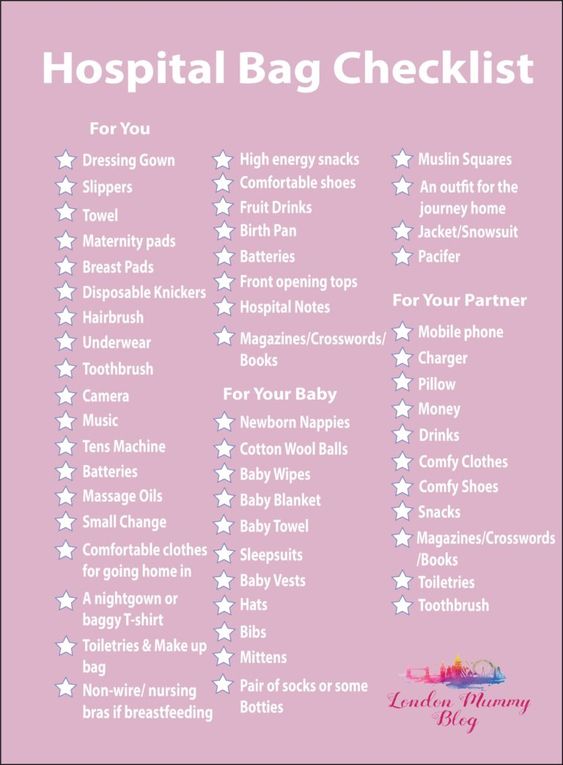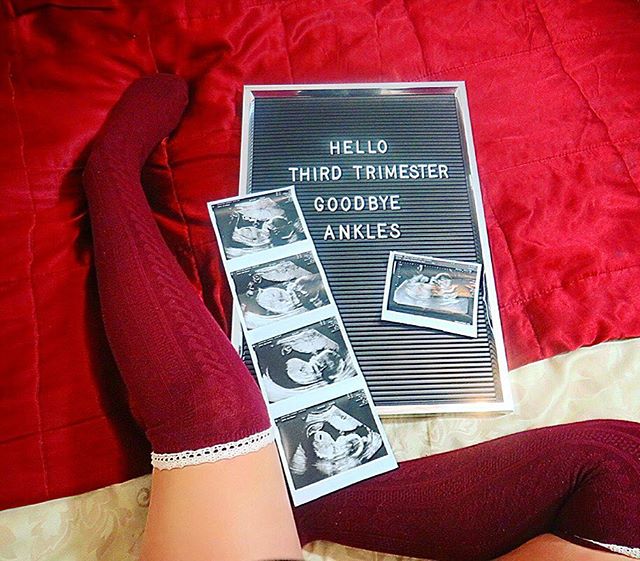Baby & Pregnancy

Healthy Eating During Pregnancy

Healthy Eating
Taking care of your body by eating healthy and doing some light exercise is one the best ways of ensuring that your unborn baby is off to a healthy start.
Eating a variety of foods and maintaining a balanced diet is essential for your body during pregnancy and also for your unborn baby as the nutrients will help them to develop and grow.
The recommended calorie intake you will need during pregnancy will depend on your BMI (Body Mass Index). This is calculated using your personal height and weight.
If your BMI is 19 or under (underweight) you should be increasing your calorie intake, however if you BMI is 25 (overweight) or 30 (obese) you should discuss the calorie intake with your midwife at your antenatal appointments or with a doctor as it may be advised that you should reduce your calorie intake If you had a normal BMI before pregnancy you should be aiming to eat around 2,000 calories a day during the first and second trimesters. In the third trimester this should increase to around 2,200 calories a day.
Although you will need to increase you calorie intake during pregnancy to ensure that your baby is getting all of the nutrients that it needs to grow and develop, you should not need to do so until after the first six months. It is not true that you should be ‘eating for two’ even if you are expecting multiple babies. You will need to increase you calorie intake by 200calories a day during the third trimester. If you are expecting multiple babies it is recommended that you should eat an extra 300 calories per day per baby.
Maintaining a healthy diet is beneficial for your baby as it can increase yours babies chances of being born with a healthy birth weight. In addition it can also boost your baby’s brain development and decrease the risk of certain birth defects.
A healthy diet will not only help you to stay healthy physically it will also benefit you emotionally as it can stabilise your hormones and mood swings. Consuming a balanced diet can help to reduce common difficulties that women often suffer during pregnancy such as morning sickness, constipation and fatigue common.
Eating a balance diet reduces morning sickness, constipation and fatigue. It will help you to reduce the occurrence of pregnancy complications such as anaemia, and preeclampsia. Likewise, it can also help to reduce the occurrence of pregnancy complications such anaemia and preeclampsia. Moreover it can assist you in having speedier postpartum recovery as your body will heal and recover faster and you should have less weight to loose after you have given birth.
A balanced diet should consist of a mix of:
Protein – eggs, fish, meat, nuts, pulses.
Calcium – Cheese, Milk, Yogurts.
Whole Grain carbohydrates – bread, pasta and rice.
Fruits and Vegetables (At least five portions a day.)
Drink plenty of water.
Eating a balanced diet doesn’t necessarily mean that you will have to give up all of your favourite foods. By changing the amounts of different foods that you eat so that your diet is varied should give you the right balance and keep you fuller for longer as well as providing you and your baby a range of vitamins and minerals.
Preparing food is just as important during pregnancy to prevent any illness and poising. Some foods will need to be cooked very well all of the way through, such as poultry, eggs, and meat including beef and lamb. Ensure there is no red meat or juices when eating meat this is due to the potential risk of toxoplasmosis. You should also be cautious when consuming cold cured meats if pregnant. This is because many cold meats such as chorizo, ham, salami, and pepperoni are not cooked; they are only cured and fermented. This means that could contain toxoplasmosis causing parasites.
Make sure any foods that may have soil on them such as salads, fruit and vegetables are thoroughly washed to remove all of the soil or viable dirt as it may contain toxoplasma which could harm your unborn baby.

Tired Mummy & Her 5 am Baby
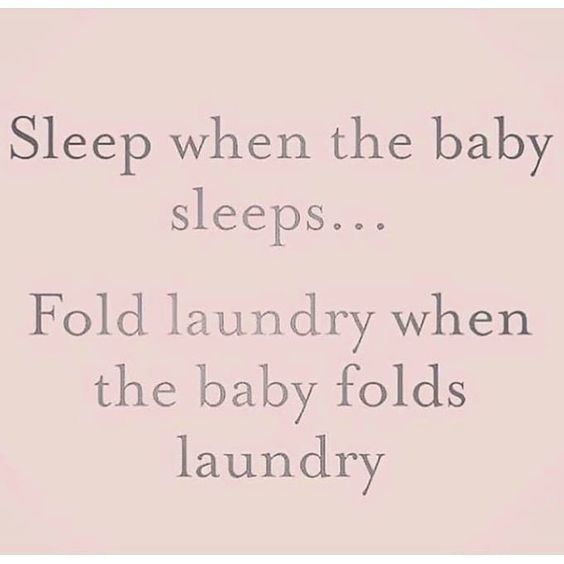
We have now managed to get my one-year-old son to sleep through the night, which was a near on miracle and a mighty big achievement! However, he now keeps waking up at 5 am, every single morning without fail. At 5 am he wants his milk, and he wants to get up and play.
In the beginning, I was more than happy to comprise with this new routine of his so long as he stopped waking up every 2-3 hours. Albeit, now after living like this for the past few months, I am feeling far from content with our 5 am agreement, as the heavy bags underneath my eyes will testify as evidence.
I have tried to give my baby water instead of milk when he wakes up, and milk from a bottle rather than from me, I have rubbed his back, and I have even been practising the ‘Shushing method.’ So far nothing has been successful, he is still very much determined to wake up at 5 am every morning. My eldest son slept great from 7.30pm-7.30am every day. This is the same routine that I am desperately trying to get my youngest into.
I am questioning the reason as to why he wants to get up so early, because when he does he is still rather tired and he then spends most of the morning in a grumpy mood. Is he waking up early because he can smell the milk on me? Is it just for comfort? Or is it because of the birds outside, singing every morning like their rehearsing for a part in Snow White & The Seven Dwarfs musical? It is starting to get lighter outside earlier, round about 5 am, so this could be the reason why. Nevertheless, I already have really dark black curtains, so my room stays fairly dark, but after having numerous conversations with people, I decided to purchase some blackout liners for my bedroom curtains. They’re relatively straightforward to use as you just attach them to the backs of your curtains. I bought the thermal blackout liners, so in the summer they are supposed to keep your room nice and cool as well as dark and in the winter they are meant to give out added heat.
I was really hoping that these blackout liners would be the solution to our 5 am wake ups. Unfortunately, they haven’t solved the situation. Furthermore, they left my bedroom feeling extra hot during the middle of the night. Therefore, I am fairly disappointed with my purchase of the thermal blackout liners.
Could it be genetics? As a child, I used to drive my family crazy as I would frequently get up at 6-6.30am. It didn’t matter how late I stayed up and went to bed; I would still wake up extremely early including on the weekends. Furthermore, I didn’t grow out of this until I was a teenager. So is this just a case of genetics? Of my son being an early bird just as I was? Although his early bird is more like the first waking bird! Will he ever grow out of it? Will I ever be able to find a solution? I will keep you all posted, but if anyone has any suggestions, solutions or theories on the 5 am wake ups I will be more than happy to hear them.
Thank you
Hannah
x
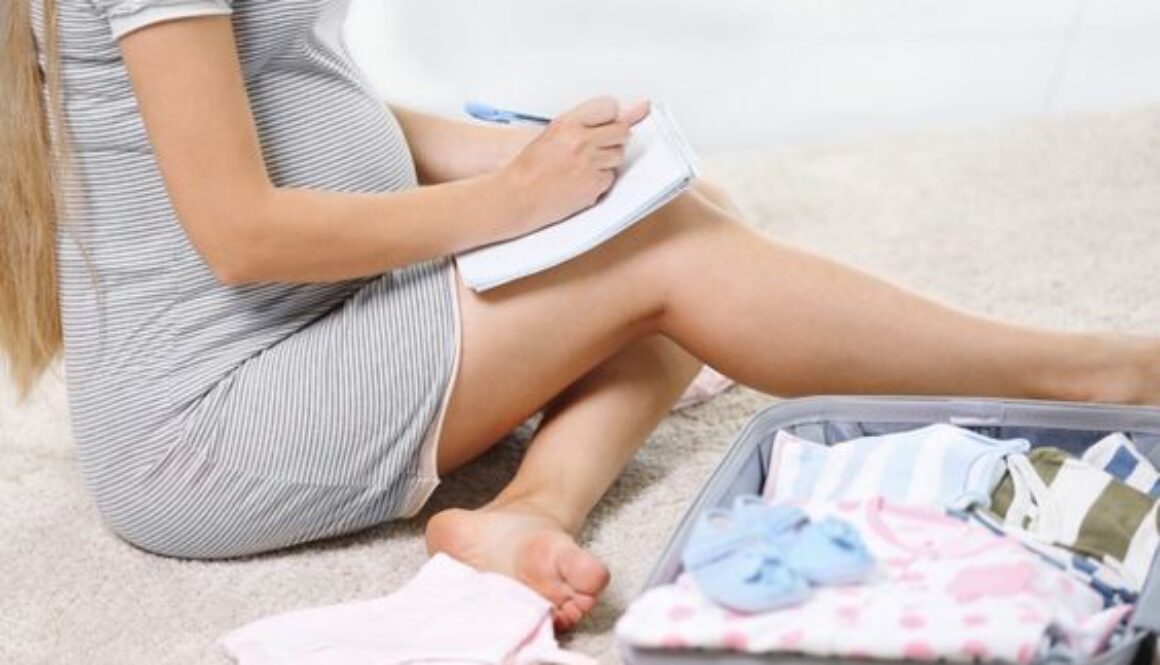
Hospital Bag
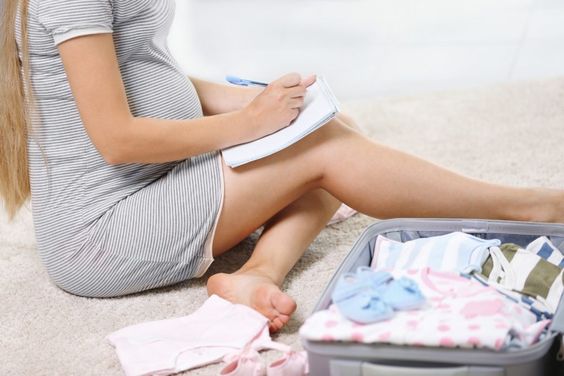
There is no precise time that you should pack your hospital bag for, however it is a good idea to have one packed by weeks 34/35. Some women decide to pack their hospital bags much earlier on, it is completely your choice. What exactly you pack inside of your hospital bag is entirely up to you but there are a few essentials that you should pack inside the bag that you will need for both you and your new-born baby.
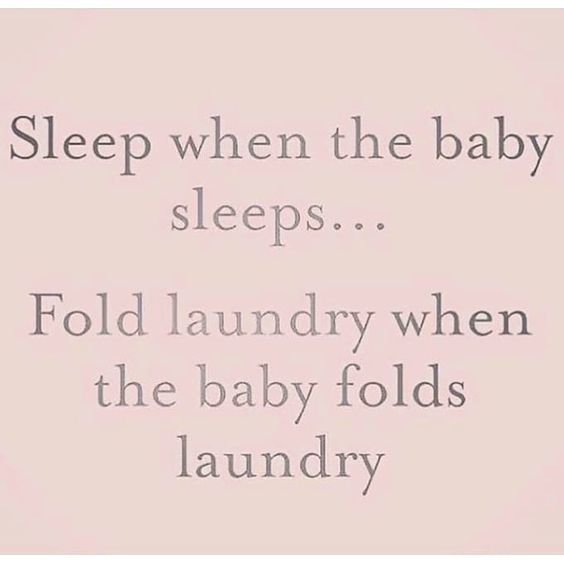
Although there are companies who provide pre-made up hospital bags, and brands who sell hospital bags targeted purely at pregnant women you do not have to buy any of these products. A normal holdall, cabin bag, or even a small suitcase will do just fine.
For you:
Dressing gown
Slippers
Towel
Maternity pads – around 24
Breast pads
Paper/disposable knickers
Comfortable clothes for going home in.
A night gown that you don’t mind getting ruined or a large baggy T-shirt.
Copy of your birth plan.
Underwear (You don’t know how long you will be in the hospital for).
Non-wire/nursing bras if breastfeeding.
Hairbrush
Toiletries and make up (for photographs) including toothbrush.
Comfortable shoes
Thick, warm socks
High energy snacks
Fruit drinks
Magazines/crossword/books
Camera
Small change
Music
Tens machine
Massage oils
Front opening tops or loose fitting tops if you’re planning on breastfeeding.
For your baby:
Nappies – Newborn size
Cotton wool balls
Baby wipes
Baby blanket
Baby towel
Sleepsuits
Baby vests
Hats
Bibs
Mittens
Pair of socks or some booties
Muslin squares
An outfit for the trip home
Jacket or snowsuit
Once you have packed your hospital you should keep it somewhere that is easy to remember such s in the hallway, side of your bed or in the car ready for your trip to the hospital.
